Digital Talking Books
The Caribbean Digital Audio Collection (CDAC) had its genesis in 2002 in the ACURIL/IFLA Conference “Accommodating All” in Ocho Rios, Jamaica. Following the conference the proposal International Project for the Development of Accessible Heritage Collections in the English-speaking Caribbean developed by Rosemary Kavanagh the then Vice President of Client Services and Information and Information Systems at the CNIB (Canadian National Institute for the Blind) emerged with the proposed objectives including:
1.Establishment of management structures
2.Ascertain technical capacity of stakeholder institutions
3.Identify a core list of Caribbean heritage materials for conversion to accessible formats
Stakeholders included:
1.National Library of Jamaica (See the National Digital Library Services for the Blind (NDLSB) Portal here)
2.Jamaica Library Service
3.Jamaica National Commission for UNESCO
4.Jamaica Society for the Blind
5.Ministry of Education
6.Salvation Army School for the Blind
7.Main Library, University of the West Indies
8.Radio Education Unit, University of the West Indies
It was decided that:
1.The National Library would take the lead in advancing the project proposal.
2.Funding proposals and a project plan would be developed.
3.The National Library of Trinidad & Tobago would be the Caribbean partner.
CDAC emerged from these planning meetings as a pilot project to test the processes and structures needed to develop, produce and deliver accessible digital talking books of heritage resources. The following five institutions collaborated to provide access to the digital talking books: Jamaica Library Service, National Library of Jamaica, the Radio Education Unit, the Salvation Army School for the Blind and the Main Library, University of the West Indies. Collaboration of these access points is governed by a Memorandum of Understanding which requires the access points to:
*Act as custodians of the playback devices and digital books
*Make the playback devices and collection available at no cost and only to visually impaired persons.
*Determine its own internal policies for the management of the playback devices and the digital talking books
*Identify an officer responsible for the project
*Make staff available for training in the use of devices
*Promote the resources to the target audience
*Collect data regarding the usage of the devices and submit reports to the coordinating entity
On July 12, 2006 at the Main Library of the University of the West Indies, Mona Campus, the results of two years of collaborative effort was made public. The titles produced were launched and distributed to the access partners.
Available Titles:
1.Anancy and the Bananas and Other Stories. Kingston: Ministry of Education, 1983.
2.Augier, Roy. The Making of the West Indies. London: Longmans, 1960.
3.Brown, G. Arthur. Patterns of Development and Attendant Choices and Consequences for Jamaica and the Caribbean. Grace Kennedy Foundation, 1989.
4.Browne, Diane, Phillpotts, Karl & Anderson, Beth (ill.). Anancy and Cow/Countryman. Kingston, Ministry of Education, 1980.
5.Browne, Diane, Phillpotts, Karl & Shirley, Susan (ill.). The Cat Woman and the Spinning Wheel. Kingston: Ministry of Education, 1980.
6.Gradussov, Alex (ed.). Anancy in Love. Kingston: Jamaica Publishing House Ltd., 1971.
7.Heroes Day Trip and Other Stories – Part I. Kingston: Ministry of Education, 1984.
8.Heroes Day Trip and Other Stories – Part II. Kingston: Ministry of Education, 1984.
9.Heroes Day Trip and Other Stories – Aunt Bev and the New Van. Kingston: Ministry of Education, 1984.
10.Heroes Day Trip and Other Stories – Johnny Crab Tree. Kingston: Ministry of Education, 1984.
11.Heroes Day Trip and Other Stories – Talking Tree.
12.How Did We Get Here and Other Stories. Kingston: Ministry of Education, Youth and Sports, 2002.
13.Human Resource Development.
14.Norman, Alma. The People Who Came: Book One. London: Longmans, 1968.
15.Office of Disaster Preparedness and Emergency Relief. Precautions for Hurricanes and Earthquakes. Office of Disaster Preparedness and Emergency Relief Coordination, 1989.
16.Patterson, Patricia. The People Who Came: Book Two. Kingston: Longman Caribbean, 1970.
17.Phillpotts, Karl. In Jamaica Where I Live. Do Not Play in the River Today. Kingston: Ministry of Education, 1980.
18.Phillpotts, Karl. Travel by Land, Air and Sea. Kingston: Ministry of Education, 1980.
19.Thomas-Hope, Elizabeth. The Environmental Dilemma in Caribbean Context. Kingston: Grace Kennedy Foundation, 1996.
20.Wilson, Don. Story Time. Kingston: Heinemann Educational Books on behalf of the Ministry of Education, 1979.
